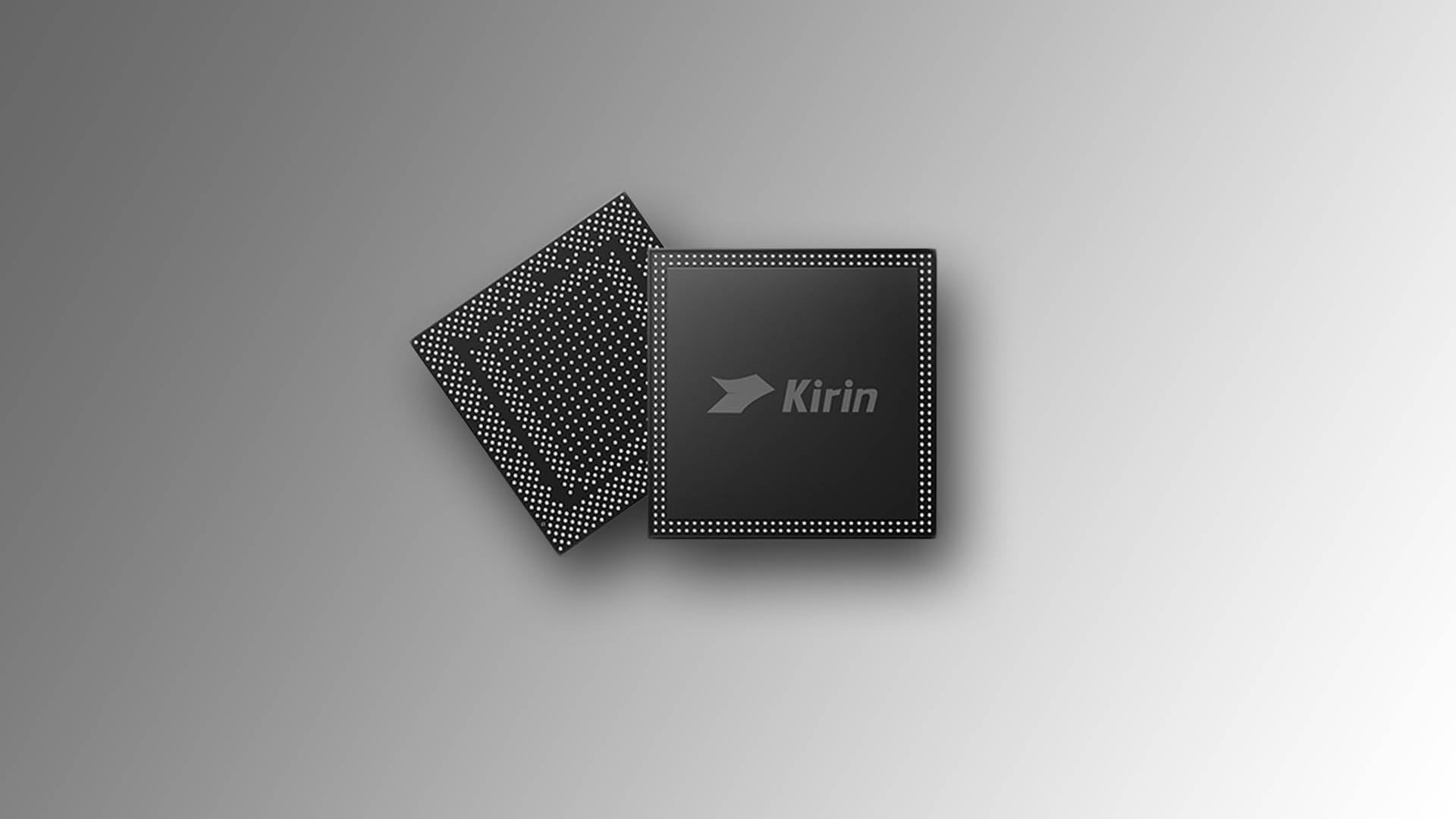Another shock to Huawei: Samsung might stop supplying chips to the company because of the US veto.
At the beginning of this week we learned the intentions of Richard Yu, Huawei’s CEO, for the first time of, to create a first version of its HarmonyOS operating system for mobile phones. However, Google’s software veto was not the only problem that the Trump administration was subjecting the company. Last May, the US Department of Commerce declared that it will be illegal for semiconductor manufacturers using US technologies or products to sell their products to Huawei or its affiliates, such as HiSilicon, without a license.
Huawei Mate 40 could be the last phone to use a Kirin processor
A ban that Richard Yu himself remarked stating that the Huawei Mate 40 could be the last models to include high-end Kirin processor, thus predicting the impossibility of continuing to create its own chips. However, while this new regulation appeared to be primarily intended to curb Huawei’s ability to manufacture its own processors, it now appears that it could apply to any type of semiconductor.
Or at least they seem to have interpreted it from Samsung and SK Hynix, two companies responsible for supplying Huawei with essential components of their smartphones such as DRAM and memory chips. According to a South Korean newspaper, they might be considering an imminent commercial break with the Chinese company for next September 15.
- Huawei’s first HarmonyOS phones coming next year
- Huawei MatePad T10s: 10-inch screen and great battery
- Samsung The Premiere: Samsung’s 4K short range projector
However, it is clear that this is not only a precautionary measure, since this ban will also deal a severe blow to Samsung and SK Hynix themselves, with the latter’s exports to China representing 40% of its general income during the first half of this year. That said, we can’t help to think that Samsung will also benefit from the situation, as the world’s second-largest phone maker is in danger of being pushed out of the market.

For its part, Huawei continues to try to reduce its dependence on foreign chip suppliers by acquiring components from SMIC , China’s leading chip foundry, although the still ongoing trade war suggests that the Trump administration is already seeking to add this company in the list of entities of the country, by preventing it from having access to technologies, products and software from the United States.
Thus, the tug of war between the two world powers does not seem to be close to its end, something that we cannot seem to assure for Huawei itself, which is undoubtedly facing the days of uncertainty.





